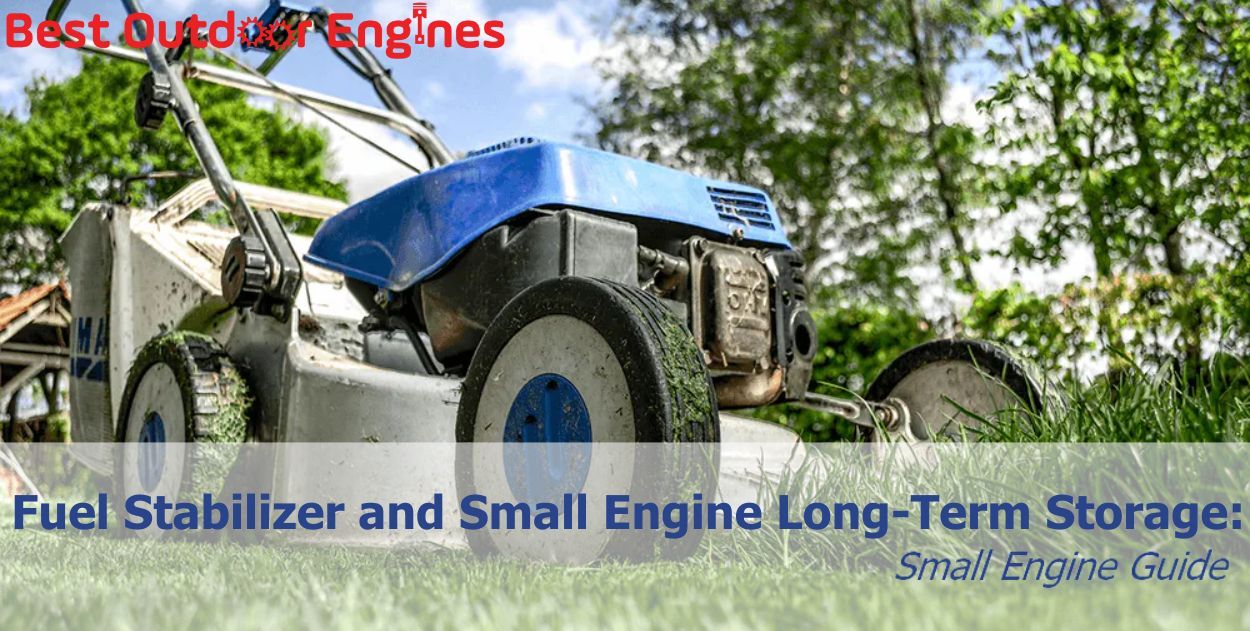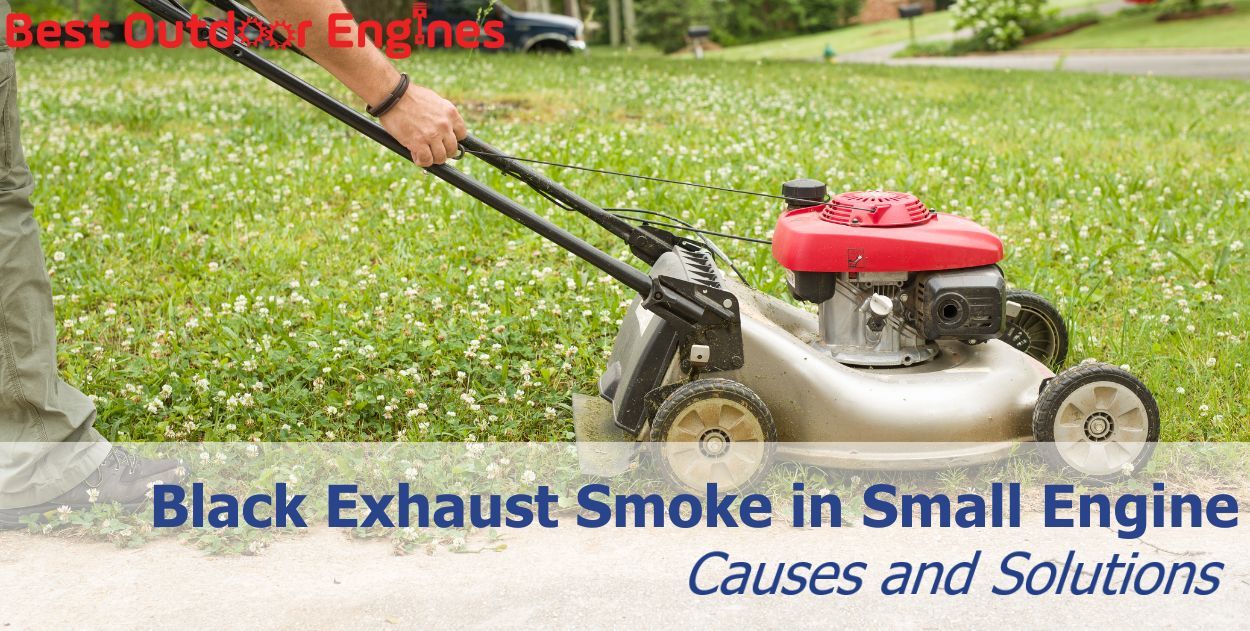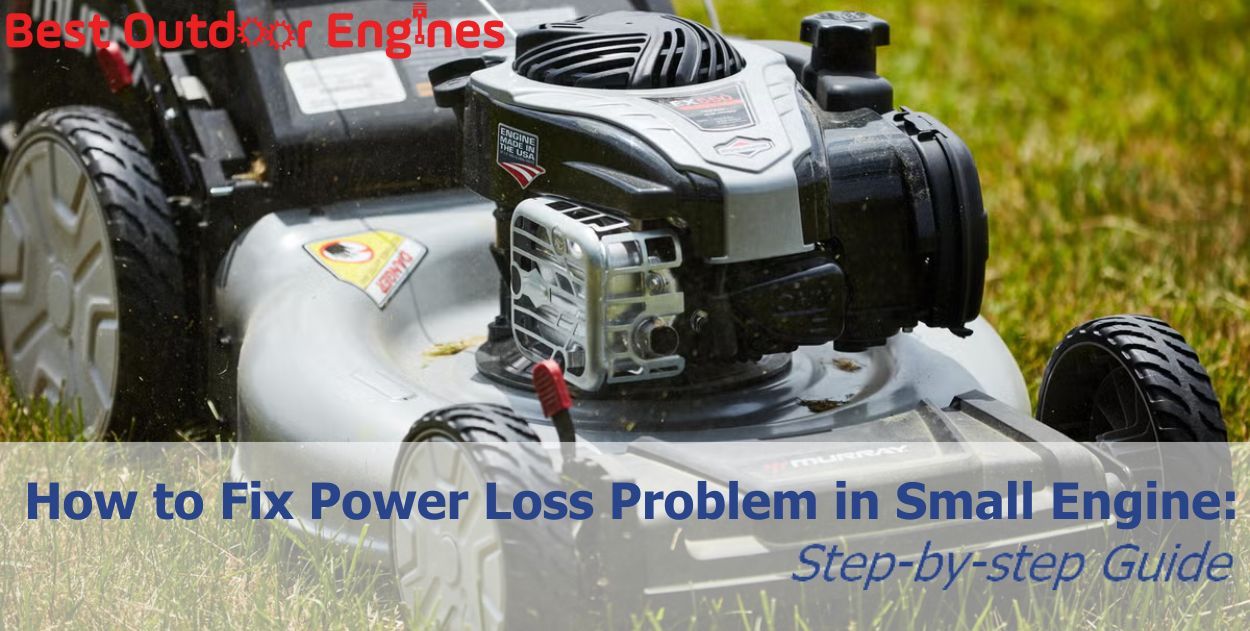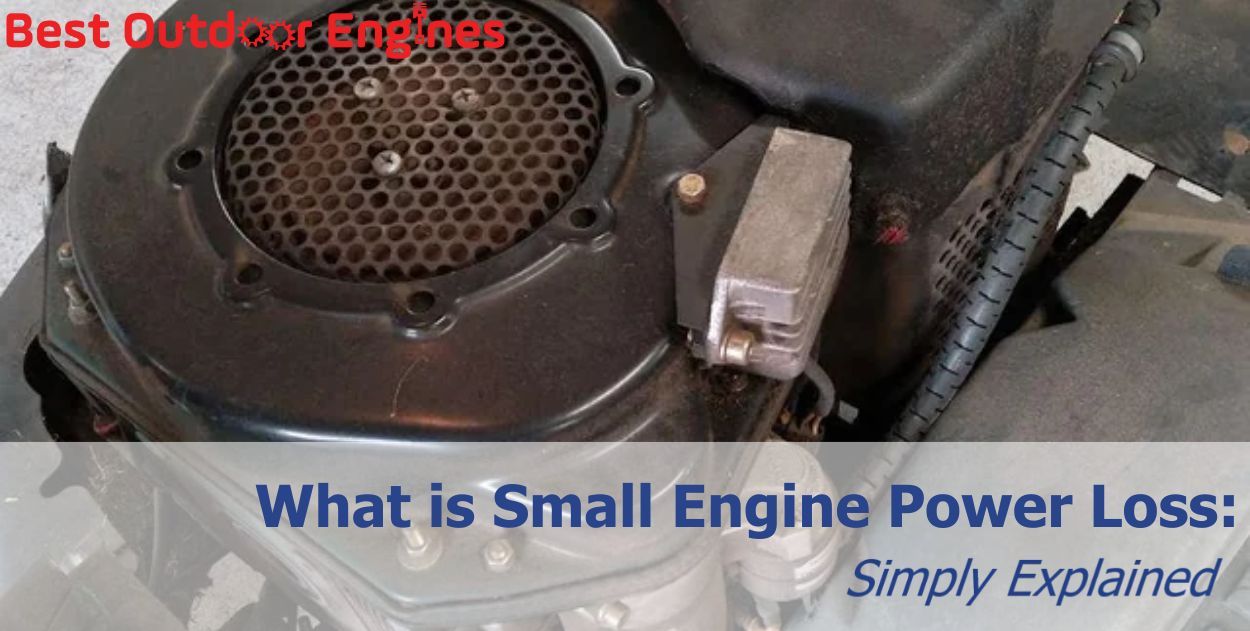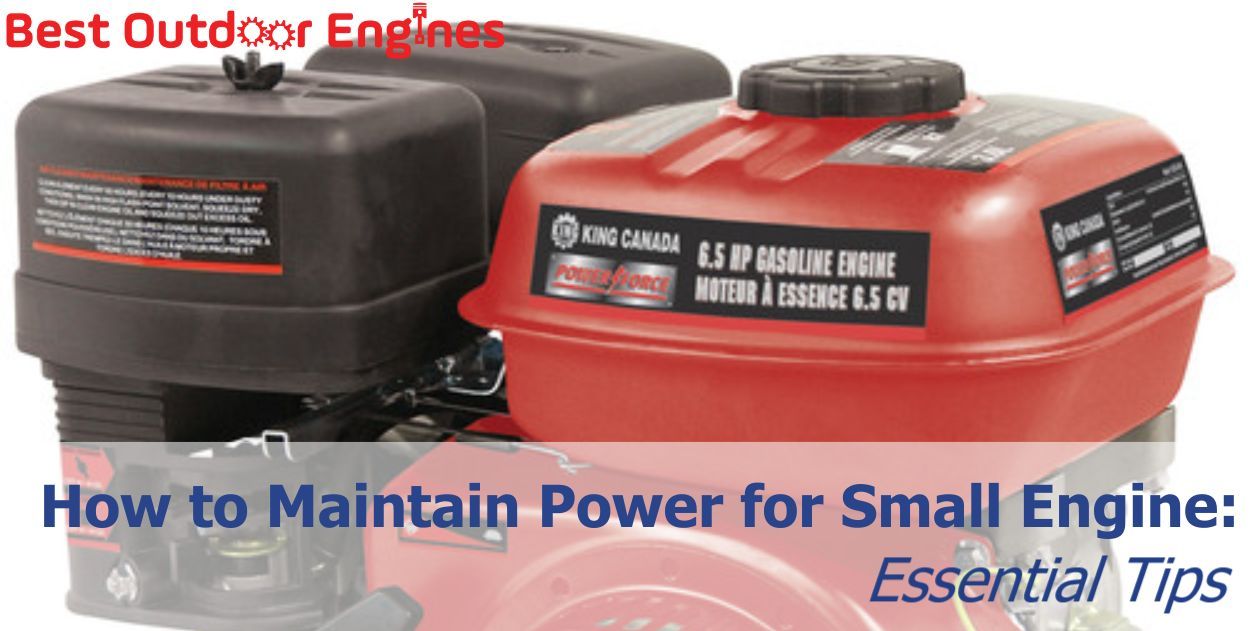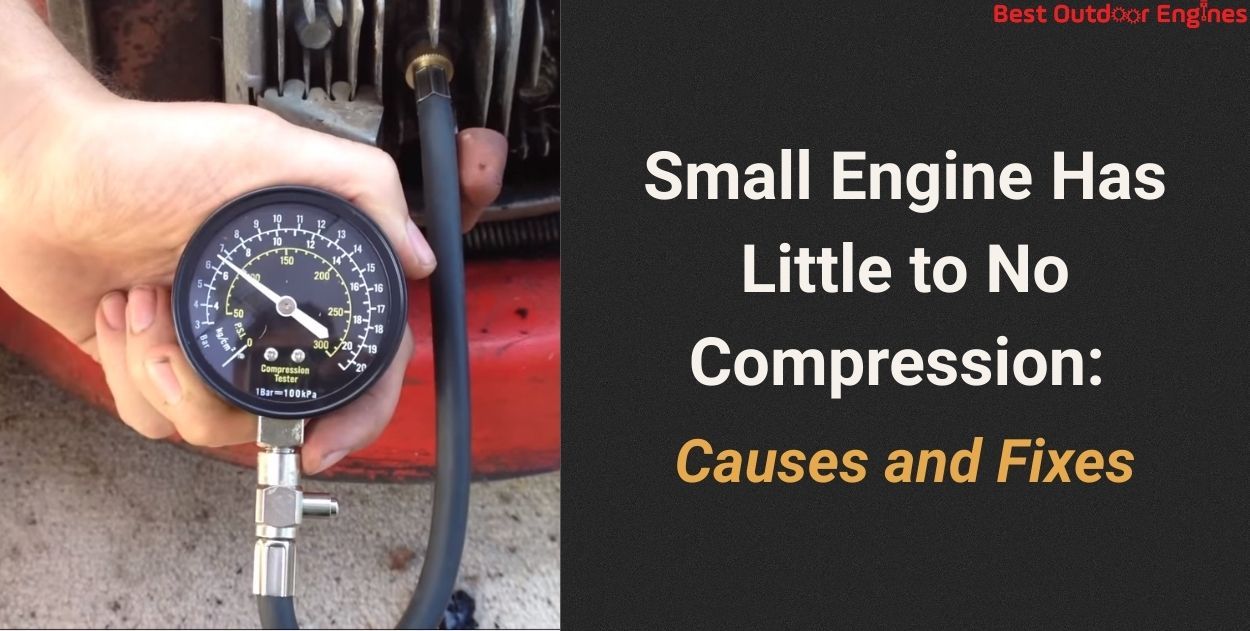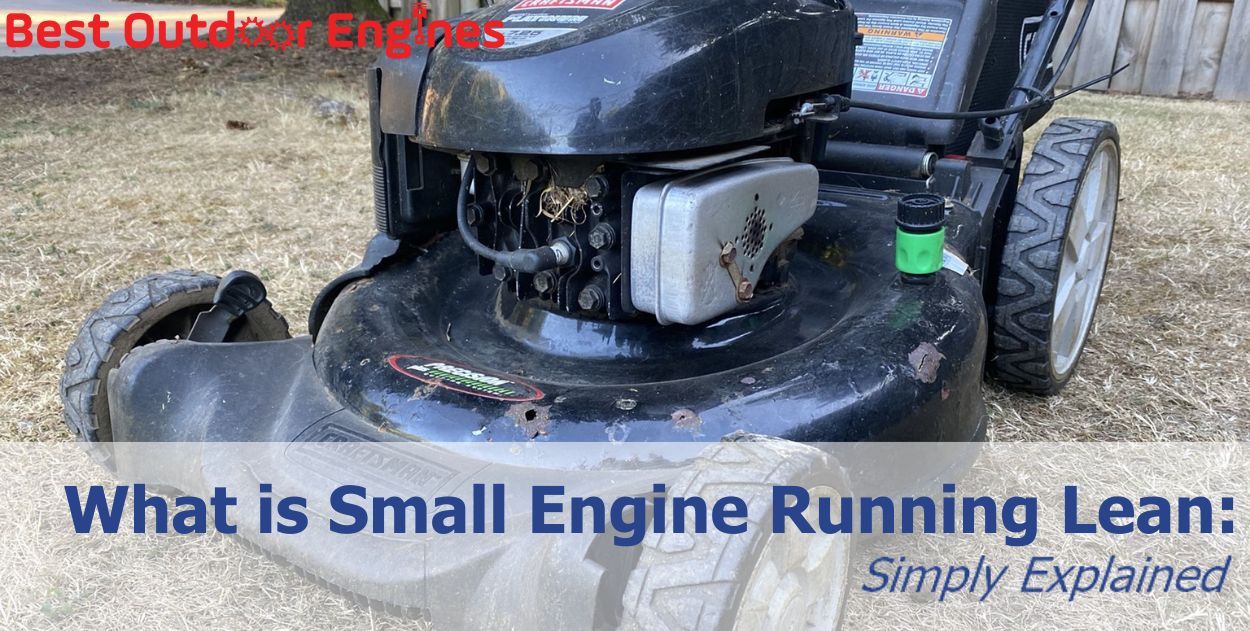Small Engine Repair and Fuel Stabilizer: Small Engine Guide
This guide covers essential aspects of small engine repair and the role of fuel stabilizers in maintaining engine health. It includes addressing the safety of fuel stabilizer, common repair issues, the benefits of using fuel stabilizers, and maintenance practices to ensure long-lasting engine performance.
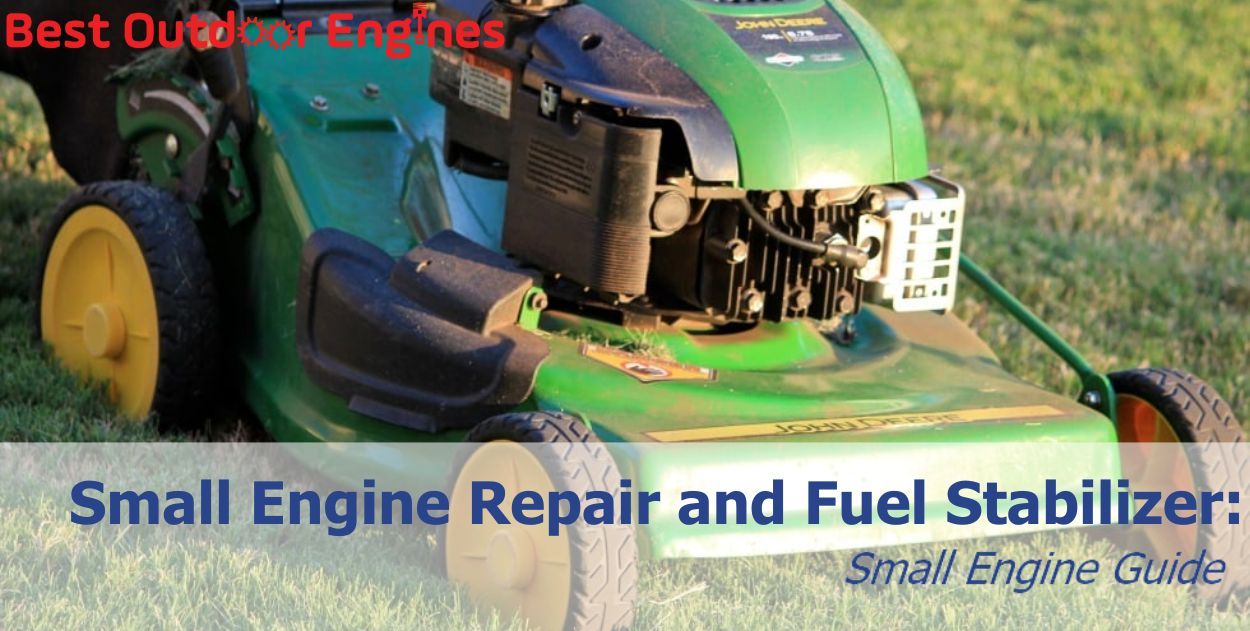
Small Engine Fuel Stabilizer: Is it Safe?
 Maintaining small engines like lawnmowers, generators, and snow blowers is essential for them to keep running perfectly. One important factor in maintaining the engines of these devices in good shape is using fuel stabilizers. Fuel stabilizers play a necessary role in preventing fuel-related problems while enhancing engine performance and lifespan.
Maintaining small engines like lawnmowers, generators, and snow blowers is essential for them to keep running perfectly. One important factor in maintaining the engines of these devices in good shape is using fuel stabilizers. Fuel stabilizers play a necessary role in preventing fuel-related problems while enhancing engine performance and lifespan.
Small engines have been designed to be safe with high degrees of effectiveness when using fuel stabilizers. These substances prevent oxidation as well as other chemical changes which degrade the fuel over time. They stop gumming up or varnishing of the parts, hence there is no clogging of injectors or carburetors leading to poor engine operation. As they are used correctly, fuel stabilizers are not toxic as well as do not damage any components within an engine because it maintains high quality gas performance.
There are several common small engine issues that can be rectified or prevented through use of a fuel stabilizer:
Fuel Breakdown: After some time, gasoline can break down resulting in incomplete combustion and poor engine performance.
Gumming Up / Varnishing: It occurs when degraded gas leaves behind sticky deposits that plug up carburetors and injectors.
Starting Problems: Old or bad gasoline may make starting difficult for engines or even cause them to run rough.
By addressing these problems with a fuel stabilizer you can develop a better cleaner system for your fuels which can generally maintain a more reliable system.
 Fuel stabilizers prevent the chemical processes that cause fuel to degrade. As a result, they stabilize the source of fuel thus preventing it from clogging up the engine. The use of such substances makes it possible for your engine to start normally even after long periods of not functioning.
Fuel stabilizers prevent the chemical processes that cause fuel to degrade. As a result, they stabilize the source of fuel thus preventing it from clogging up the engine. The use of such substances makes it possible for your engine to start normally even after long periods of not functioning.
Regularly using fuel stabilizers ensures that the engine parts remain intact for a longer time and this gives us an idea about how smoothly the system will operate in general. They ensure optimal gas quality which is important for proper burning as well as performance efficiency in engines. This lowers the number of machinery breakdowns, reduces maintenance expenses, extends life cycle of the apparatus.
The benefits derived by many customers from using fuel stabilizers are enormous. For instance, lawn owners have noticed that their lawnmowers start easier and run smoother after adding stabilizer to their gas tanks. Similarly, some generator users found out that during prolonged storage times, their machines were more reliable due to protective qualities fueled by gasoline preservatives.
To make sure these fuel additives are used most effectively:
- Dosage: Use specific recommended dosages depending on volume of fuel (see product label).
- Frequency: Add every time one refuels especially if fuel is not going to be consumed within a month’s time.
- Mix Thoroughly: After putting into the tank, one should let it go through every bit completely before running motor adjunctively or at least shake it well so that all proportions can blend with each other well within seconds.
To maximize performance, avoid making the following common errors:
- Excessive Use or Insufficient Use: always use the appropriate dose as directed. Excess and deficit of stabilizer can lower their efficiency.
- Improper Storage: Store the additives in a cold and dry place to maintain their strength. Do not use expired ones.
- Neglecting Regular Maintenance: Stabilizers should be used together with regular engine maintenance services and this is because regular engine maintenance cannot substitute for them.
In order to avoid common troubles with engines and help your small engines last longer, fuel stabilizers have got to be incorporated into your routine preventive maintenance program. Fuel stabilizers prevent fuel breakdown, protect against corrosion, and improve engine performance; they are important ingredients in keeping your machines healthy. With regular maintenance practices supported by the consistent use of these additives, you will always have a reliable machine that works efficiently.
1. How frequently should I add fuel stabilizer to my small engine?
Fuel stabilizer is added each time you refuel especially if it will not be consumed within thirty days.
2. Can all types of gasoline be used together with fuel stabilizers?
Absolutely! Most fuel stabilizers can work well with variety of gasoline including ethanol blended fuels. Always consult the product label on specific compatibility information before purchasing any brand.
3. What are some signs that indicate I need a fuel stabilizer for my engine?
Some symptoms include difficult starting, rough idle, loss of power, varnish or gum deposits found in the system carrying fuel.
4. Can excessive usage of fuel additives lead to adverse effects?
Using an excess amount of chemical can cause problems so follow recommended doses exactly as shown on the bottle.
5. How do you determine whether a gas treatment is doing its job correctly inside an engine?
Good use of this kind of additive brings about ease in starting engines, smoother operation as well as reduced need for maintaining them often. If there’s any improvement in this area, then the compound is functioning well.

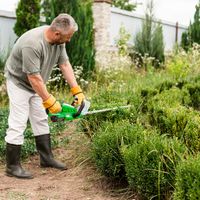
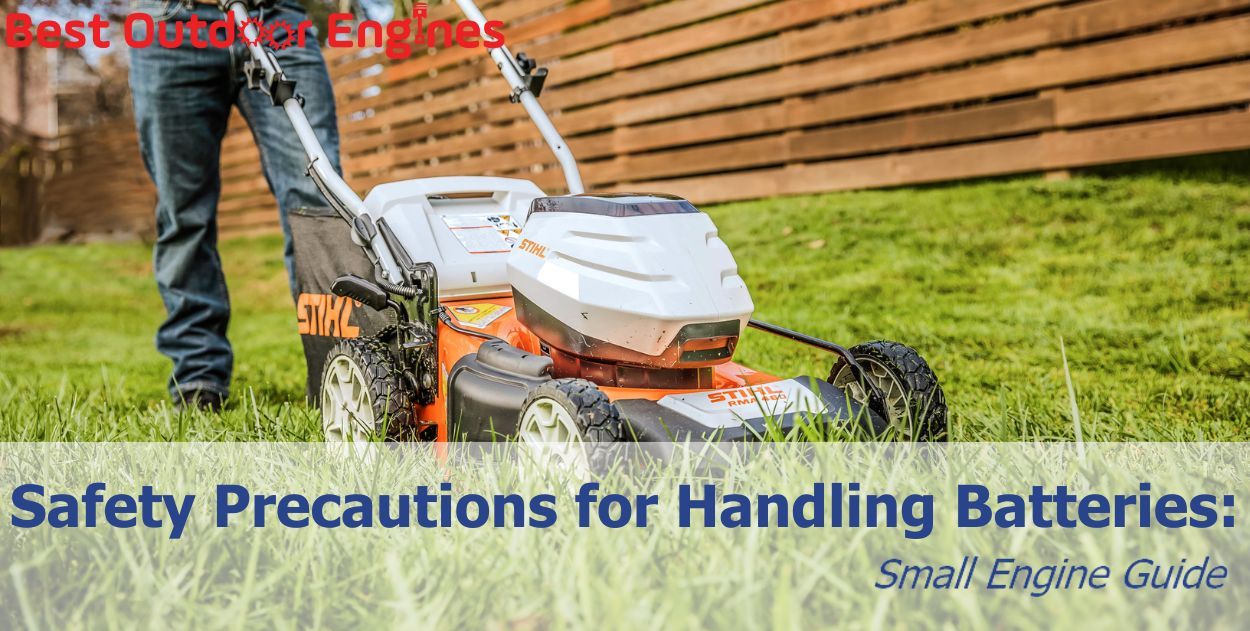
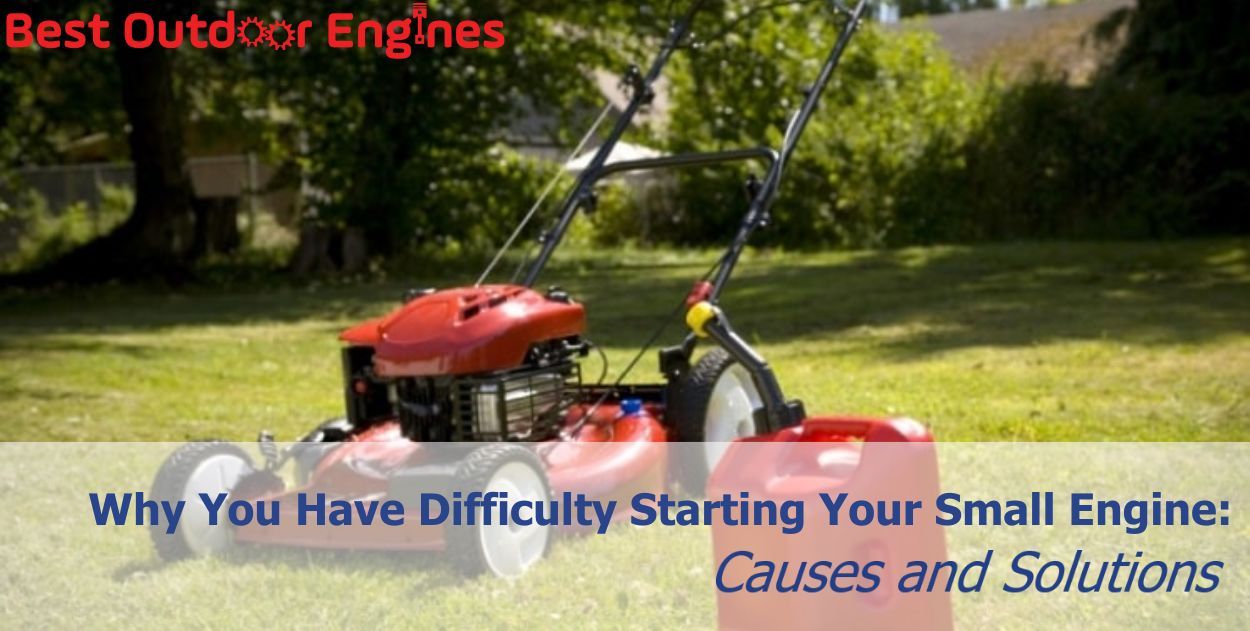
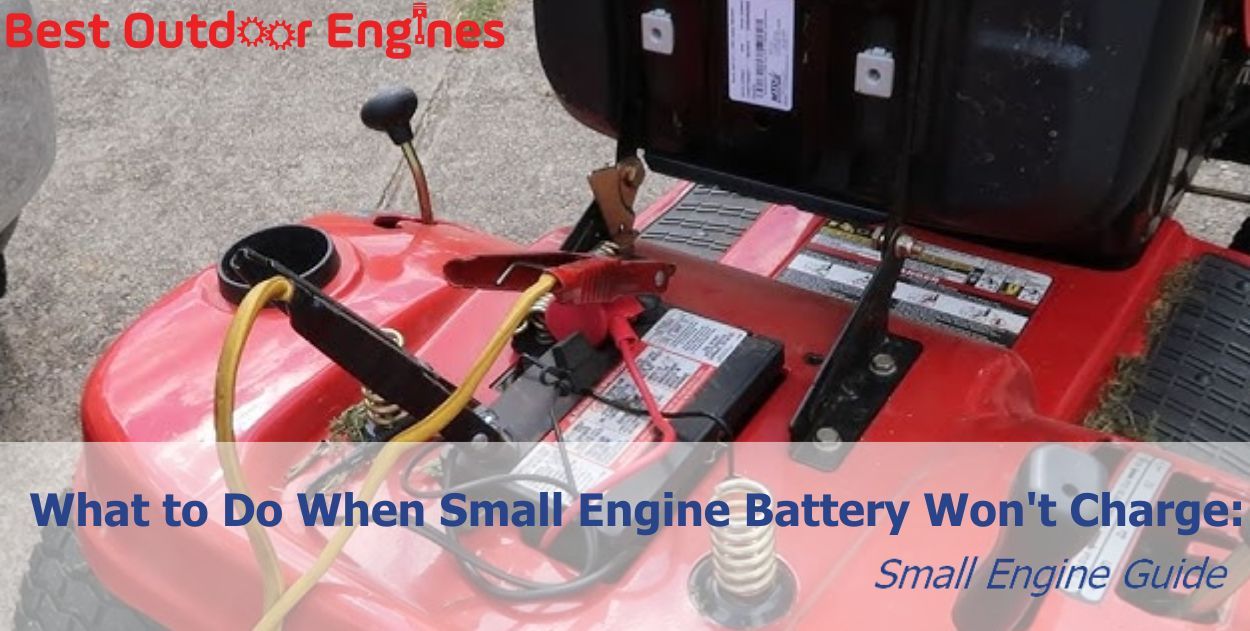
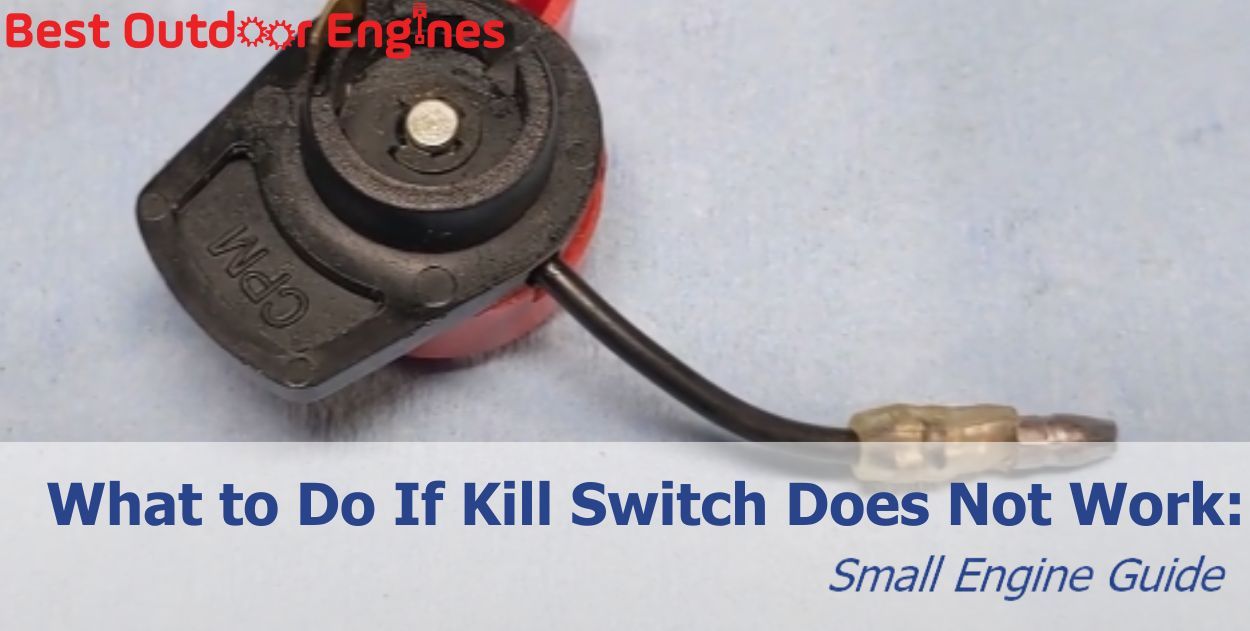
.jpg)
.jpg)

